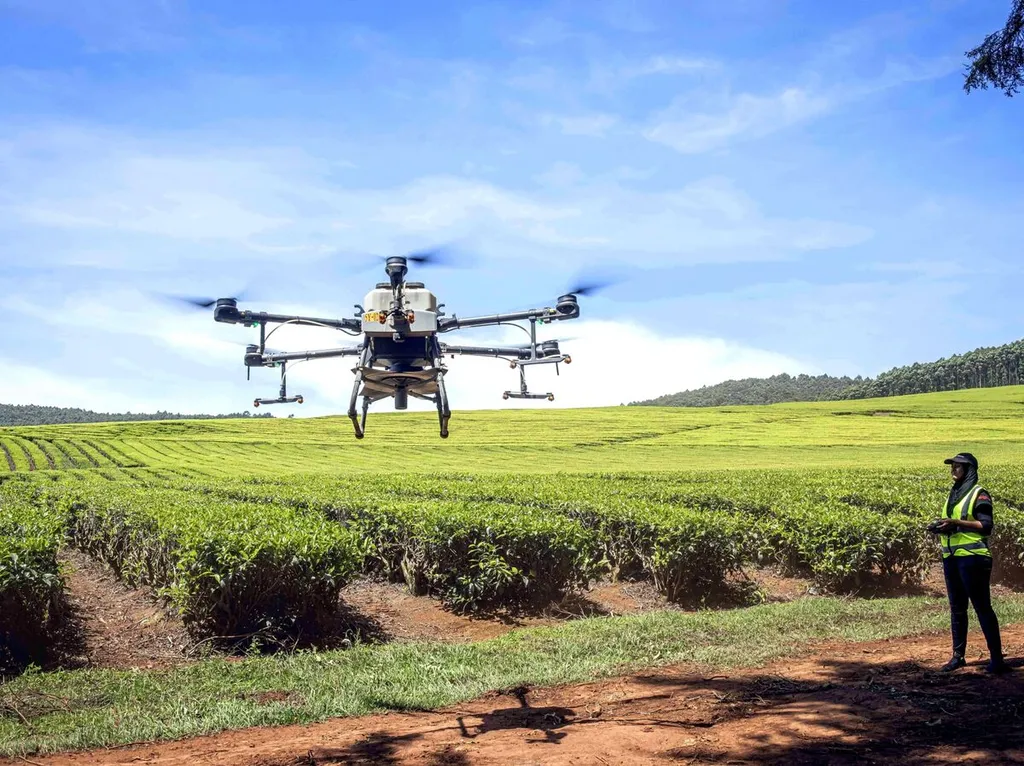Forty Shelby Future Farmers of America members traded their usual morning routines for an early bus ride on September 17, heading to the Farm Science Review at Ohio State University’s Molly Caren Agricultural Center. The annual event, a cornerstone of agricultural education and innovation, offered students a firsthand look at the technologies and trends shaping modern farming.
For many Shelby FFA members, the trip was more than just a field excursion—it was a chance to engage with the future of agriculture. Natalie Korbas, one of the attending students, highlighted stops at the John Deere equipment station, where precision farming tools and autonomous machinery were on display. These technologies, designed to improve efficiency and reduce labor costs, are increasingly becoming standard on farms across the Midwest. Korbas also visited the OSU Saddle and Sirloin lunch stop, reconnecting with former Shelby FFA member Kendra Walp, now part of the agricultural community beyond high school. Such interactions underscore the event’s role in fostering professional networks that often extend into careers.
The Farm Science Review is one of the largest agricultural trade shows in the U.S., drawing thousands of farmers, researchers, and agribusiness professionals. This year’s exhibition featured advancements in drone-based crop monitoring, soil health analytics, and sustainable farming practices—topics that align with the evolving priorities of both small family farms and large-scale operations. For students like those in Shelby FFA, exposure to these innovations provides a tangible connection between classroom learning and real-world applications. Whether it’s data-driven decision-making or machinery automation, the skills on display are increasingly in demand as agriculture becomes more technology-dependent.
The trip was made possible through support from Shelby Schools and the broader district, reflecting a community commitment to agricultural education. Programs like FFA play a critical role in preparing the next generation of farmers, agronomists, and agribusiness leaders—particularly in regions like Northern Richland County, where farming remains a vital economic driver. The investment in such experiences ensures students are not only aware of industry shifts but are also equipped to contribute to them.
As the agricultural sector continues to navigate challenges like labor shortages, climate variability, and global market pressures, events like the Farm Science Review serve as a barometer for where the industry is headed. For Shelby’s FFA members, the day offered more than just a glimpse into new tools; it provided a roadmap for how they might fit into an industry that is as dynamic as it is essential.

